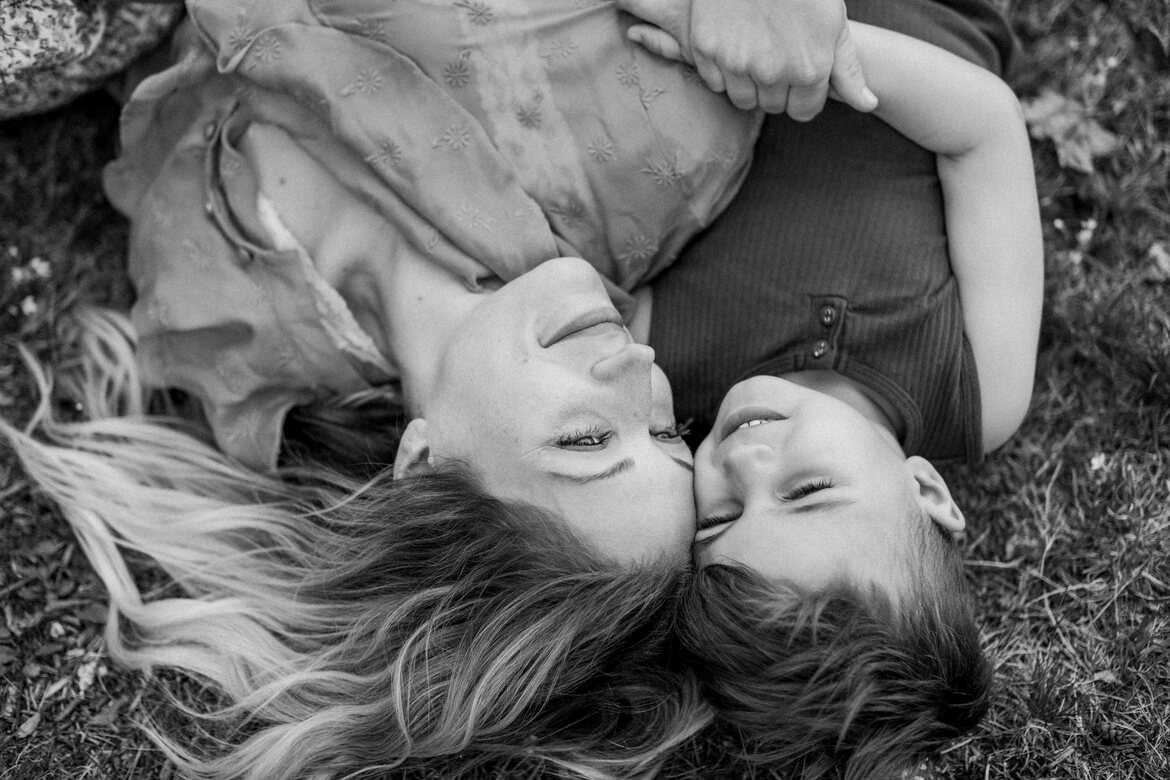By Dr. Laura Markham
“Dr. Laura….How do you hold a child accountable for her behaviour without punishment?”
What does it mean, to hold our child accountable for her behaviour? My definition would be that our child assumes responsibility for their actions, including making amends and avoiding a repeat, whether the authority figure is present or not.
So, really, it isn’t about “holding our child accountable”. What we want is for our children to step into responsibility, to hold THEMSELVES accountable. Once someone takes responsibility, we don’t have to “hold them accountable”.
As Seth Godin says, “Accountability is done to you. It’s done by those who want to create blame. Responsibility is done by you. It’s voluntary. You can take as much of it as you want”.
Essentially, we’re talking about raising a moral child who wants to do the right thing. And how can we do that? Most people assume that punishment is what helps humans decide to do the right thing, so if we aren’t punishing our children, they’ll grow up doing the wrong thing. That’s a bleak view of human nature. And it turns out to be dead wrong.
Essentially, we’re talking about raising a moral child who wants to do the right thing.
There’s now a wealth of research (see the end of this article for link to citations) demonstrating that kids who are punished are LESS likely to make positive moral choices. That’s because:
- Punishment focuses a child on the “consequences” he is suffering, rather than on the consequences of his behaviour to someone else, so it makes him more self-centred and less empathic.
- Punishment makes a child feel like he’s a bad person, which is always a self-fulfilling prophecy, so he’s more likely to repeat the bad behaviour.
- The most salient lesson of punishment is to avoid it in the future by sneaking and lying to escape detection, so punishment fosters dishonesty.
- Because kids invariably consider punishment unfair, it teaches kids that might makes right and abuse of power is okay — which makes kids less likely to make moral choices.
- Punishment — yes, even timeouts — erode our relationship with our child, so that he isn’t as invested in pleasing us. And the more disconnected he feels from us, the worse his behaviour.
- Because punishment doesn’t help a child with the emotions that drove her to act out to begin with, those emotions just get stuffed down, only to pop up again later and cause a repeat of the misbehaviour.











